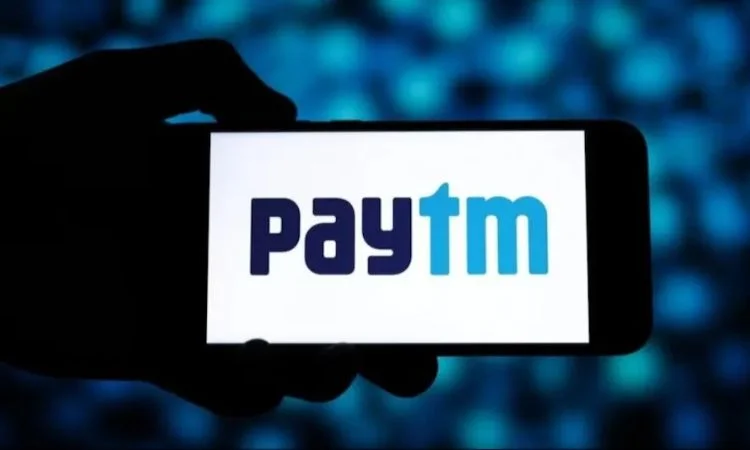This action allows HDFC Bank to become the payment service provider (PSPs) for Paytm’s UPI channel. Axis Bank and Yes Bank have already started working on the Paytm platform. Paytm obtained the Third-Party Application Provider (TPAP) license from the National Payments Corporation of India (NPCI) on March 14.

Paytm’s parent company, One97 Communications Ltd, is expected to add HDFC Bank as its third partner for transferring merchants to the fintech platform.
Moneycontrol was the first to report the development. Paytm Payments Bank added these merchants to the Paytm app as UPI merchants after the Reserve Bank of India requested that services such as deposits, credit transactions, and FASTag recharge be discontinued on March 15.
This step will allow HDFC Bank to become Paytm’s payment service provider (PSP) for its UPI channel. Nearly 30 million businesses are currently active on the platform.
Axis Bank and Yes Bank have already launched operations on the Paytm platform. According to media sources, conversations are also continuing with Canara Bank and Kotak Mahindra Bank, with Canara Bank set to launch operations on the platform as early as next week.
Furthermore, the State Bank of India is anticipated to begin operations as a payment service provider (PSP) bank for Paytm’s third-party application provider (TPAP) business, which handles UPI consumer transactions. Paytm currently serves about 90 million UPI users on its platform.
Paytm received the Third-Party Application Provider (TPAP) license from the National Payments Corporation of India (NPCI) on March 14.
The license allows the financial giant to provide UPI services in a multi-bank arrangement.
In order to enable its merchants to continue using Paytm’s services without interruption, Paytm has been seeking for partnerships with a number of banks.
The RBI has imposed harsh limits on PPBL, but it is enabling companies and UPI customers to continue using their Paytm handles, QR codes, and machines for payments after March 15.
The RBI issued several restrictions on the payments bank earlier this year due to “persistent non-compliance and ongoing material supervisory concerns.” The bank was also prohibited from accepting any deposits, credit transactions, or top-ups in any of its client accounts.
Furthermore, the apex bank prohibited it from providing additional financial services, such as the UPI function and fund transfers, after February 29. After that, it extended the deadline for some of the restrictions until March 15.















